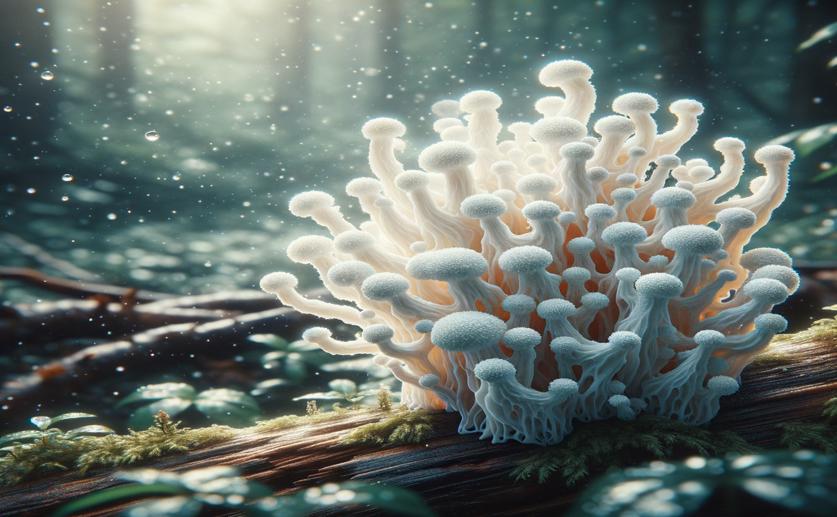
Understanding the Benefits of a Water-Soluble Compound from Poria Cocos
Jenn Hoskins
13th June, 2024

Image Source: Natural Science News, 2024
Key Findings
- Researchers at Hebei Agricultural University studied a polysaccharide from Poria cocos (PCP) as a new vaccine adjuvant
- PCP was found to activate immune cells and stimulate both antibody (humoral) and T cell (cellular) responses
- Unlike traditional Alum adjuvants, PCP enhanced the cellular immune response, making it promising for vaccines against chronic diseases and cancers
References
Main Study
1) Structural characterization and adjuvant activity of a water soluble polysaccharide from Poria cocos.
Published 10th June, 2024
https://doi.org/10.1016/j.ijbiomac.2024.133067
Related Studies
2) Tailoring inorganic nanoadjuvants towards next-generation vaccines.
3) Emerging concepts in the science of vaccine adjuvants.
4) Polysaccharides as vaccine adjuvants.



 25th February, 2024 | Jim Crocker
25th February, 2024 | Jim Crocker